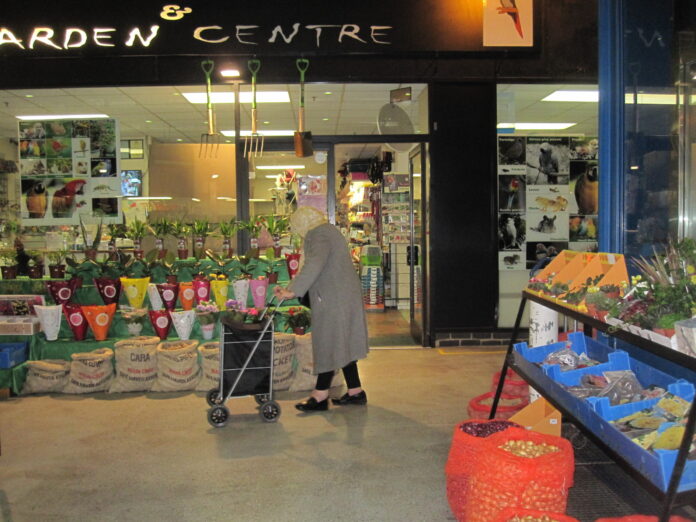Current policy direction, such as the UN Decade of Healthy Ageing and the 2030 Sustainable Development Goals, calls to foster healthy ageing amongst older adults and promote older people’s wellbeing. The policy focuses on protecting the rights of the most vulnerable groups, with the slogan of “ensuring that no one is left behind” at the core of policy rhetoric. Yet, the definitions of healthy ageing and their inclusivity are debatable. The earlier definitions of healthy ageing, such as successful ageing, have drawn criticism from scholars in different disciplines for having a biological/medical approach towards old age and their focus on individuals’ physical health and functional independence. Moreover, notions of successful ageing are often based on western views of success, which value individual achievement and autonomy in terms of self-reliance. In recent developments, the term successful ageing in the policy sphere was replaced by other terms such as ‘active ageing’ to induce a more inclusive image of ageing. However, what is shared between earlier and new definitions of healthy ageing is the emphasis on the functional abilities of older adults that makes the concept idealistic and unachievable for a large segment of society without considering the contexts of ageing. This is more likely to be the case among older adults with specific characteristics, and backgrounds include ethnic minority older adults in the UK. Against this backdrop, our paper “Sustainable ageing: supporting healthy ageing and independence amongst Older Turkish Migrants in the UK” investigates the experiences of healthy ageing, focusing on what constitutes independence as its central explanatory concept amongst older Turkish migrants in London.

Based on the experience of 65 older Turkish adults and 13 community stakeholders, we explored the meaning of the notion of healthy ageing. Participants’ narratives show different interpretations and understandings of healthy ageing that do not necessarily resonate with the definitions and operationalization of these concepts in the policy sphere. While independence in the successful and healthy ageing discourse is often regarded as older adults’ ability to look after themselves and continue to live alone in their own home in old age, the conceptualization of independence for older Turkish adults was closer to notions of interdependency and having a reciprocal relationship with children and other family members in old age. The findings of our study identify the existence of different dimensions to independence in old age where issues of autonomy, choice and control over the physical and social environment were important in understanding and operationalizing healthy ageing behaviours amongst older adults. This is especially the case for older adults whose personal resources, including those related to being migrants, interact with social structures to affect how they navigate these support mechanisms. Lower levels of financial security combined with structural barriers such as lack of recognition of their linguistic and cultural needs in the design and delivery of care services, transportation and housing supports were recognized as an example of personal and structural barriers hindering the achievement of healthy ageing among older Turkish community in London. The article argues for an urgent need to pay attention to the various environments of ageing and the diversity in the experiences of older adults within the same communities. Hence, we call for more nuanced definitions and understanding of healthy ageing and independence between and within various groups of older adults to achieve sustainable ageing across the UK and globally.

To read more about the study and detailed findings please see the full article:
Yazdanpanahi M, Hussein S. Sustainable Ageing: Supporting Healthy Ageing and Independence Amongst Older Turkish Migrants in the UK. Sustainability. 2021; 13(18):10387. https://doi.org/10.3390/su131810387



